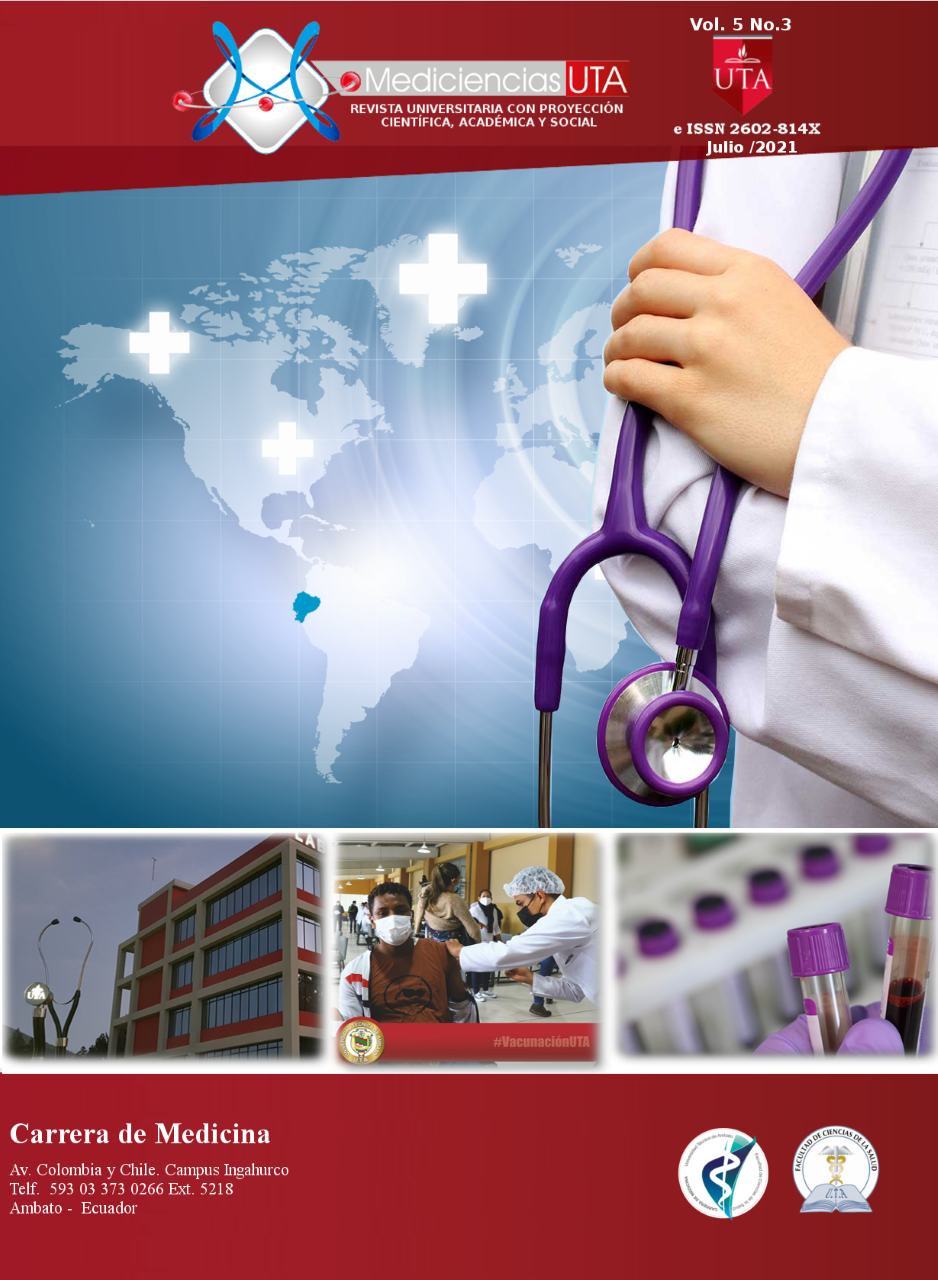Auditory rhythmic stimulation in gait speed and risk of falling in older adults
Main Article Content
Abstract
Introduction
In the older adult population, the normal ageing process encompasses several biological changes that affect normal biomechanical functions. Aging modifies the center of gravity, affecting reflexes, as well as balance and decreasing flexibility. These factors modify the quality of walking and increase the potential risk of falls in the elderly. Neurological music therapy is applied in some neurological pathologies and has been reported to be successful.
Objective
Improve the quality of walking in older adults through a program of therapeutic exercises associated to neurological music therapy (NMT).
Materials and Methods
The study was performed with 25 participants who were followed for 12 weeks. Therapeutic evaluations were conducted through walking tests: UP and GO and Mini Best Test. This process was performed at the beginning and end of the study. A program of therapeutic exercises was designed for the intervention, adapted to the physical-functional capacity of the population under study, with daily sessions of 45 minutes duration, 3 to 4 times a week.
Results
Once the intervention was concluded with therapeutic exercises associated to rhythmic auditory stimulation, positive results in the quality of walking were evidenced.
Conclusions
The aspects that were achieved were: coordination, speed and amplitude of step, completely different results compared to the initial condition of the group.



